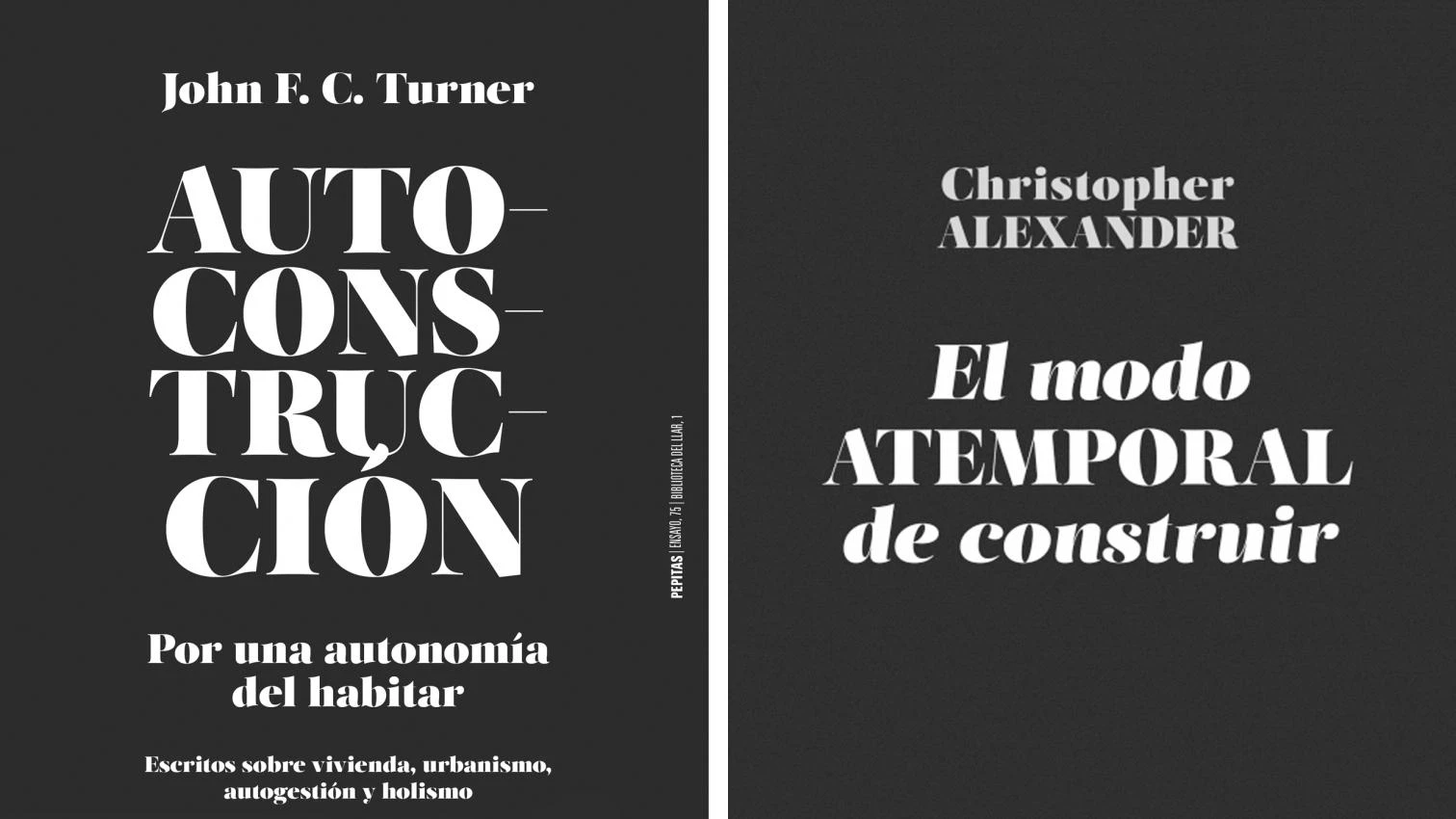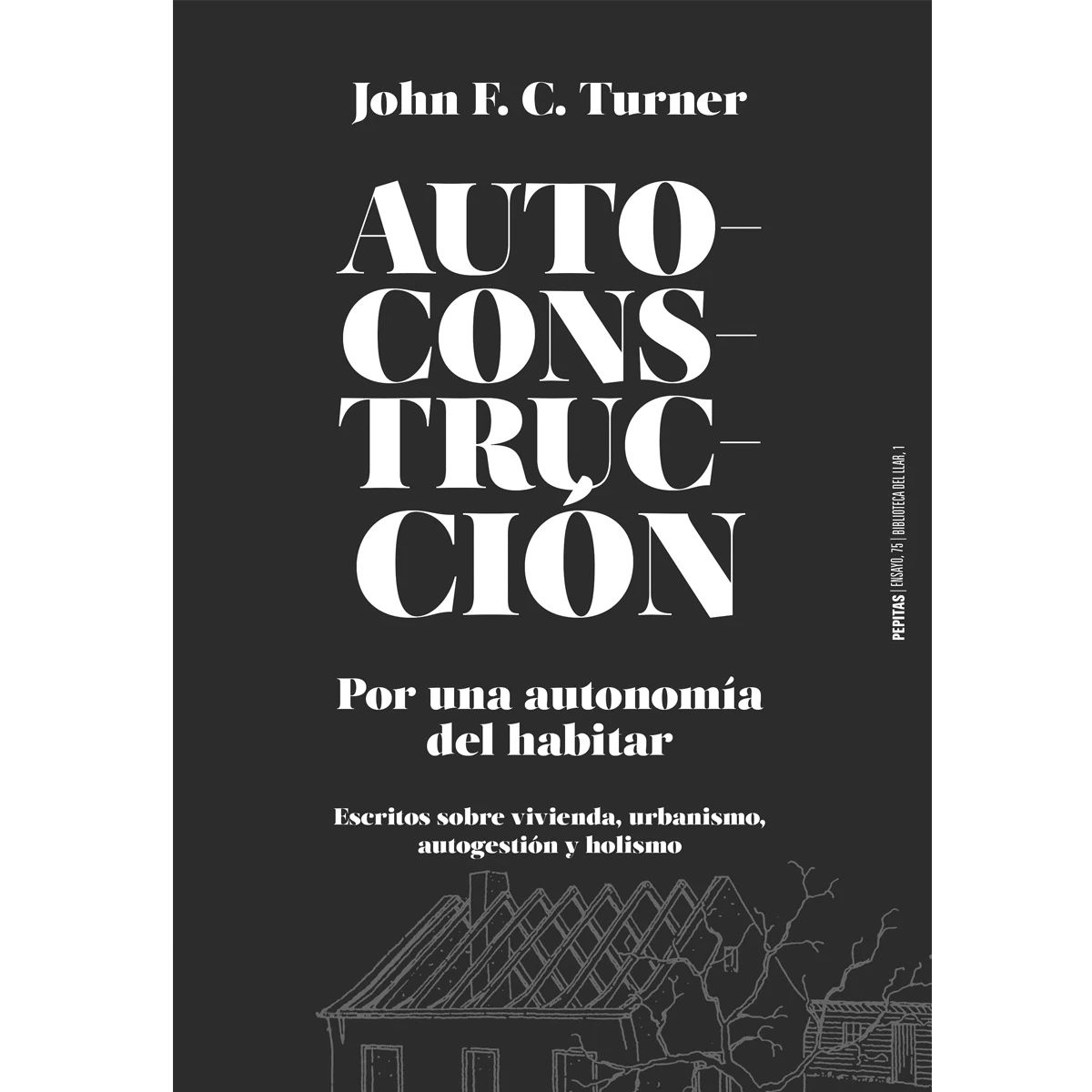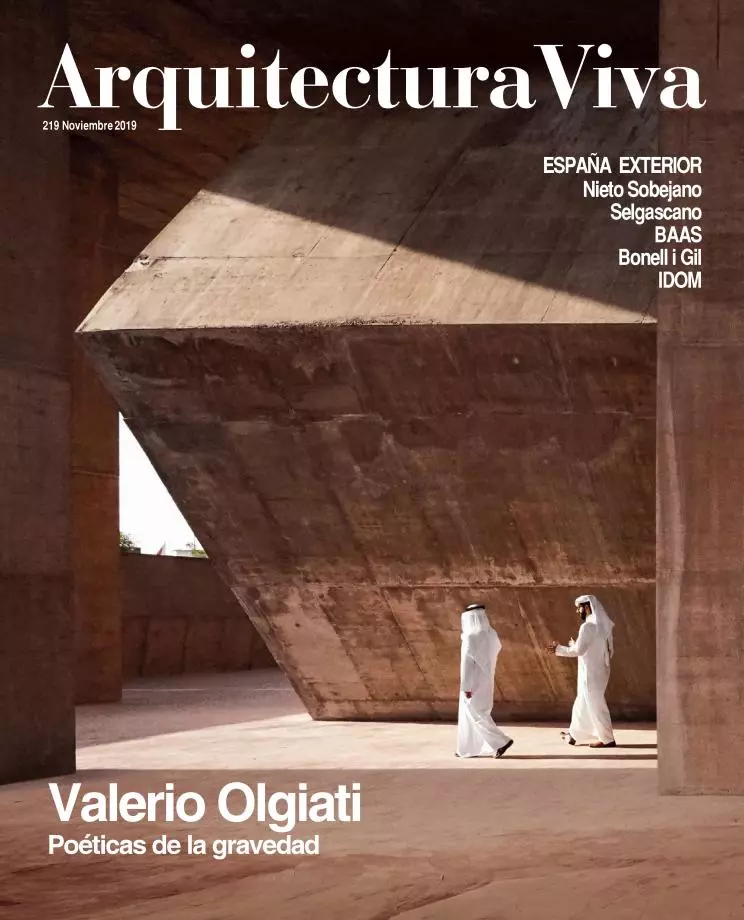
The Spanish translations of Housing by People and The Timeless Way of Building resurrects two 1970s takes on the political and philosophical aspects of housing, the city, and architecture. These against-the-grain testimonies deserve attention today, when recurring old questions are addressed without full knowledge of their complex past, nor of the time when architects set out to rethink the social role of projects, laws, and users.
Two constellations of values reappear. There is an emergence of social concerns coming from early radical modernity, accompanied by a sense that late modernity in the West has run its course; and on the other hand of a 1960s alternative culture of universities. Both had some spell of success at the Barcelona and Madrid architecture schools, when it was believed that hard technology and skyscrapers were done with, and that architecture had more to do with patterns of sensitivity, memory, or the environment than with modern rationalism. They were constellations of ideas and authors soon to be dimmed by postmodern postulates of 1980s society and architecture, in a world of ethical and aesthetic values quite different from those that shine in the texts now available in Spanish.
The Turner republication revives his defense of self-help housing, from Engels’s Wohnungsfrage to his own experiences in popular residential projects of 1950s South America. A thought in the orbit of Small is Beautiful: A Study on Economics as if People Mattered (Schumacher, 1973), with its early notion of sustainability, its praise of construction using affordable products and middle-range, accessible technology; or Housing: An Anarchist Approach (Ward, 1976), with its upholding of dialogue in small groups over bureaucratic decisions, and of neighbors’ role in decision-making; or Supports: An Alternative to Mass Housing (Habraken, 1972), which recommends an open base building to replace the functionalist approach to residential projects. The introduction of Turner’s ideas in the Madrid school by Fernando Ramón, backed by professors who had taken part in the 1950s and 1960s wave of popular housing self-build, led to a 1980s revision of those experiences, in the form of the Madrid poblados dirigidos.
Alexander’s texts bring back an aspect of the 1970s, when weariness with monotonous urbanism and ingenuous functionalism brought a new appreciation for the memory of habitation experiences. Now we have a double constellation: on one hand the galaxy of language, which still shines and where everything can be thought of as a language structure, as Barthes or Derrida wished; on the other what Pirsig called an inquiry into values in Zen and the Art of Motorcycle Maintenance (1974), or what Paglia called the spirit of the 1960s: a culture tied to nature, freedom of expression and action, individuals and their emotional experiencess, with or without opiates, eastern and Jungian. Maybe Alexander’s language of cultural patterns should be interpreted in terms of the meme theory that Dawkins presented in The Selfish Gene (1976).







